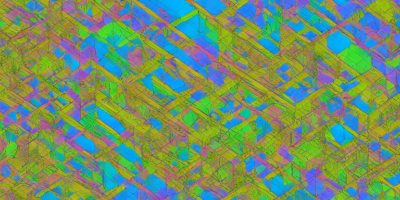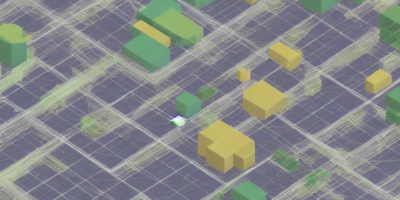In this article, we explore a fascinating problem in combinatorics on words: constructing indefinite words without repetition. Specifically, we delve into the repetitive threshold RT(n), which represents the minimum repetition level for an indefinite word to exist in an alphabet of size n. The conjecture states that RT(n) = 7/4, but it remains unsolved until now. Our work sheds light on this mystery by verifying the conjecture through a novel approach.
To break it down simply, we’re dealing with words made up of letters. Imagine you have a box of chocolates, and each chocolate represents a letter in your word. Now, imagine you want to create a new word without repeating any letters or making it too long (like a never-ending bowl of chocolates!). That’s the challenge we’re tackling here.
To solve this problem, we employ a clever trick involving small morphisms on an 8-letter alphabet. Think of these morphisms as slight changes in the shape or appearance of your chocolates – they help us avoid repetition and create unique words. By exploring these morphisms, we uncover an upper bound on RT(n) that gives us a better understanding of how to construct indefinite words without repetition.
Our breakthrough is significant because it confirms the conjecture and provides a more manageable way to tackle this problem. Previously, attempts to solve this issue required large alphabets with hundreds of letters – a daunting task. Now, we can create indefinite words without repetition using smaller alphabets, opening up new possibilities for studying combinatorics on words.
In summary, our work offers a solution to a long-standing problem in combinatorics on words by verifying the conjecture and providing an upper bound on RT(n). By leveraging small morphisms, we make this challenge more manageable and open up new avenues for exploring indefinite word construction.
Abelian Repetition Threshold Revisited: A Comprehensive Review



